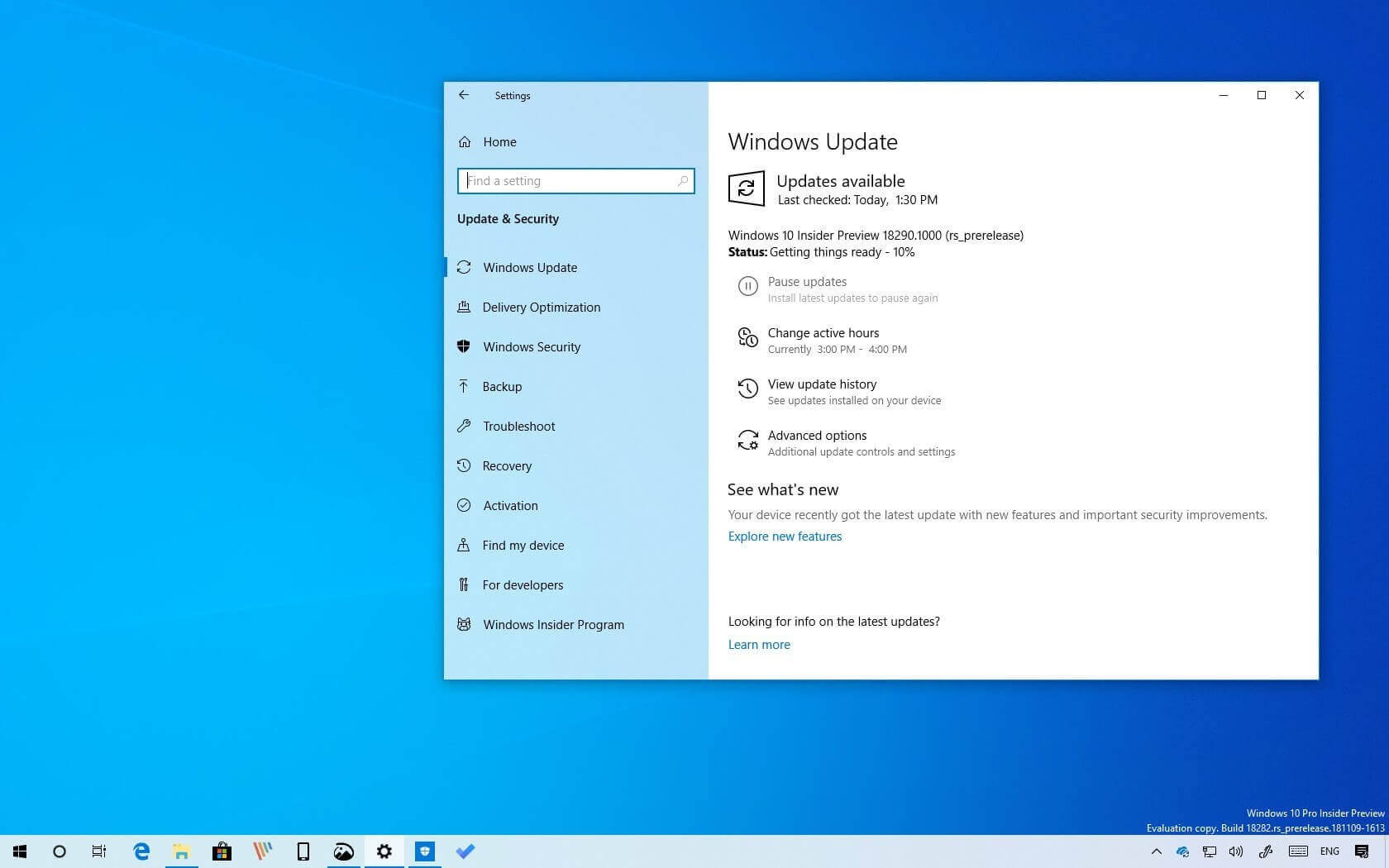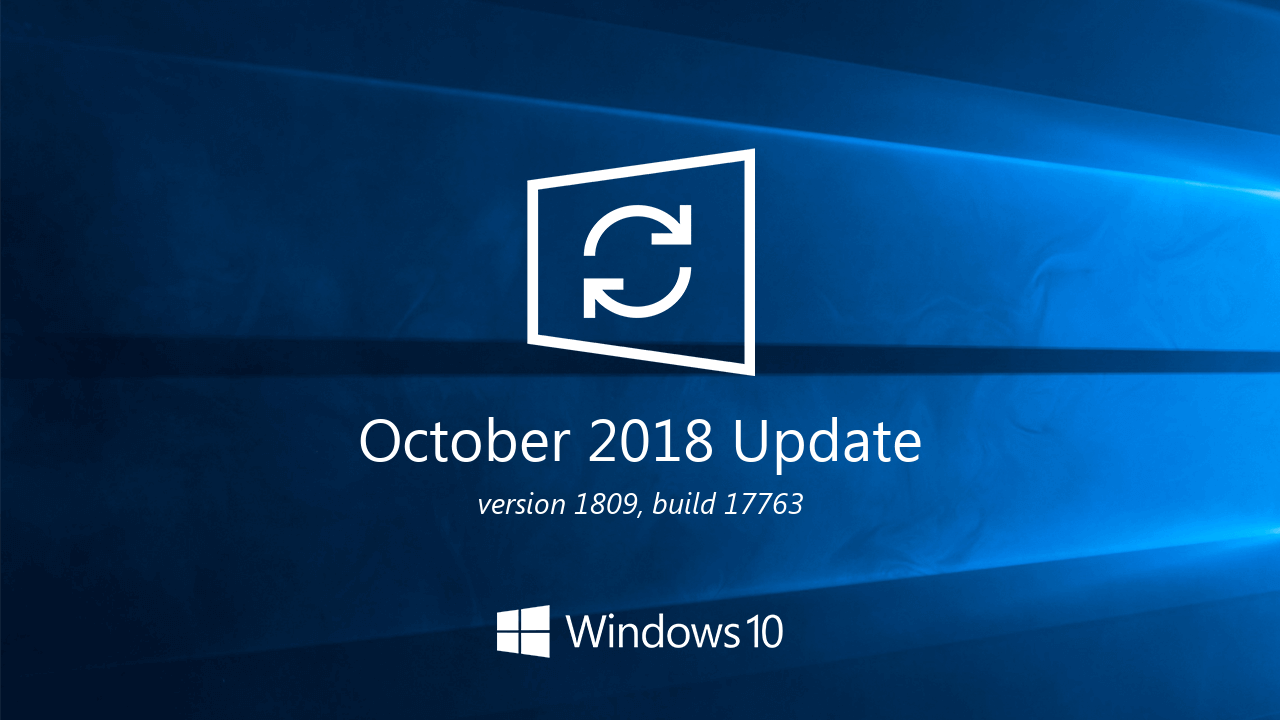Facepalm: Windows updates are up to their old tricks. Users on various forums are reporting issues after installing the April 2019 cumulative updates and Windows 7 users appear to be especially affected. Additionally, the updates are conflicting with certain antivirus software like Avast and Avira. This update is another in what's becoming a string of botched updates from Microsoft, going back to October of last year.

Microsoft has confirmed that the April 2019 cumulative update is not playing well with some PCs. On Tuesday, fondly referred to as Patch Tuesday, Microsoft rolled out the April updates to Windows 10, 8.1, and 7 machines. As has been the case recently, it didn't take long for the updates to cause performance issues.
Numerous users on a reddit thread have detailed their experience since installing the update. Some report that Windows has slowed down considerably after installing the update, taking several minutes to reach the login screen or access Task Manager. Others claim their system freezes or hangs up during the boot process.
A post on Microsoft Answers echoes the previous comments, that after installing the update, systems become unresponsive. Interestingly, it also seems the update is posing a conflict with systems running certain antivirus programs. It's become pervasive enough to prompt both Avast and Avira to separately issue statements to their customers. Both companies confirm that the updates are causing problems, especially for Windows 7 users.

It took several weeks until users could install Windows 10's October 2018 update safely
Both Avira and Avast state that the problem is being investigated and the suggested solution is to roll back to a previous version of Windows. Likewise, Microsoft has temporarily blocked the updates from going out until it reaches a resolution.
On the Windows 10 front, the April 2019 Update -- later renamed to May 2019 -- version 1903 brings a few new features including a new light theme, performance improvements thanks to better Spectre fixes, a streamlined Start menu and better search functionality that scans all your drive's files. Also for professional users a built-in Windows Sandbox.
A silver lining is that Microsoft will be less pushy with updates in the future. Starting with the May 2019 update, users will be able to delay updates for up to 35 days, 7 days at a time. This could provide a safety net to avoid serious issues on production machines but most important of all, Microsoft's Windows team should get their act together.